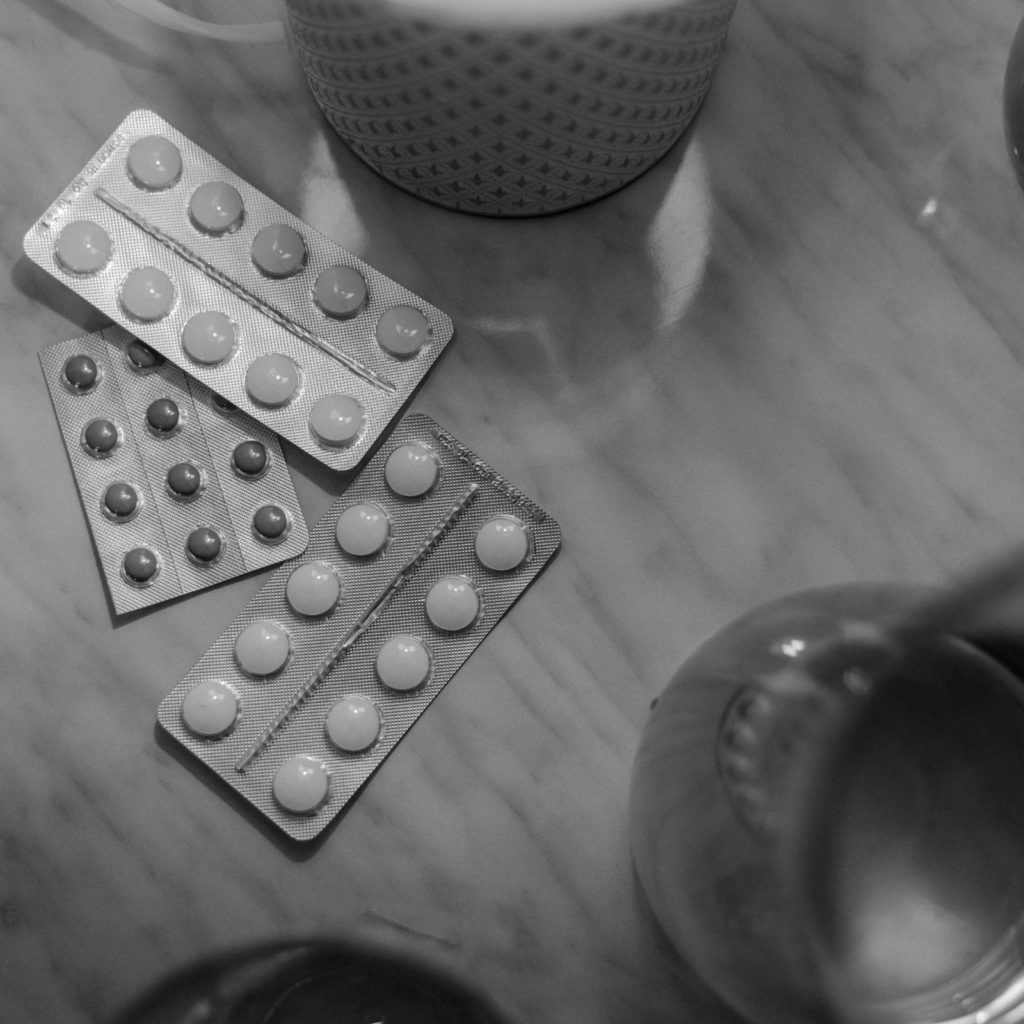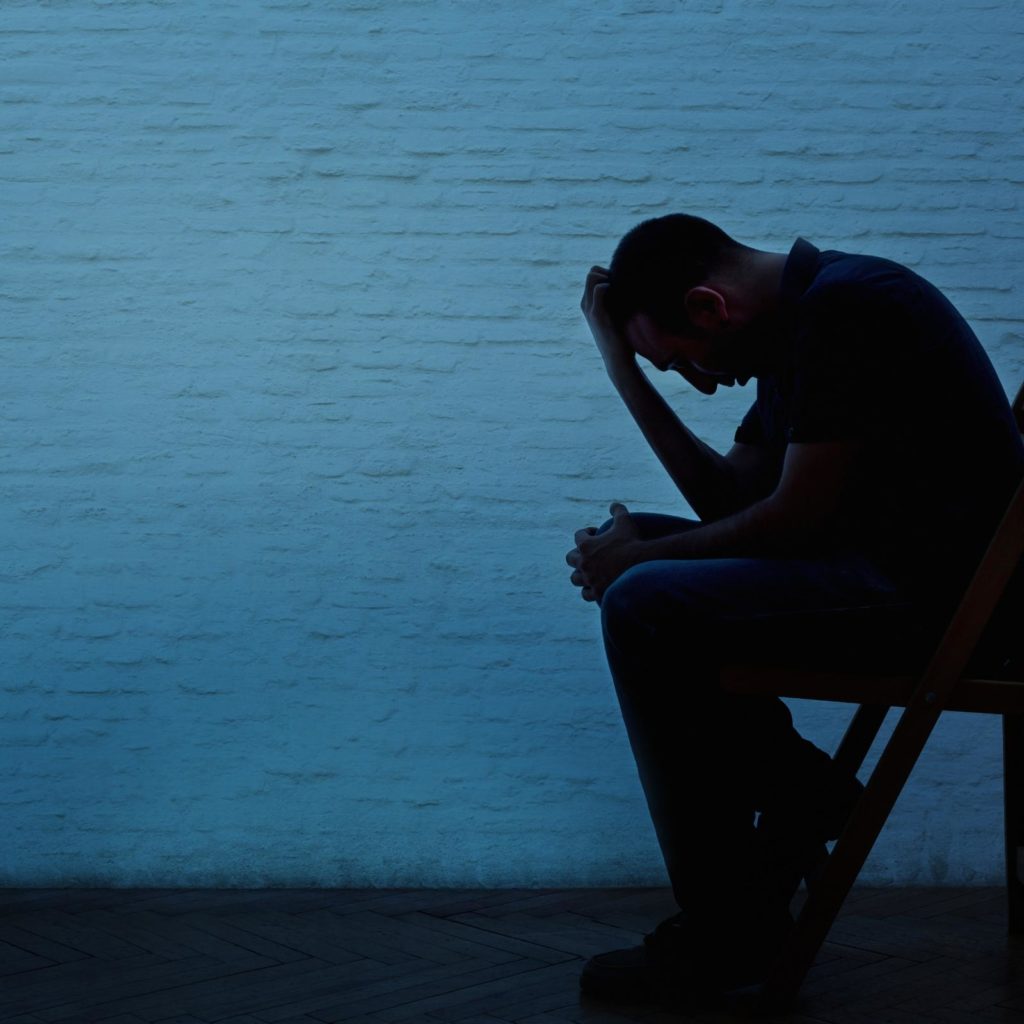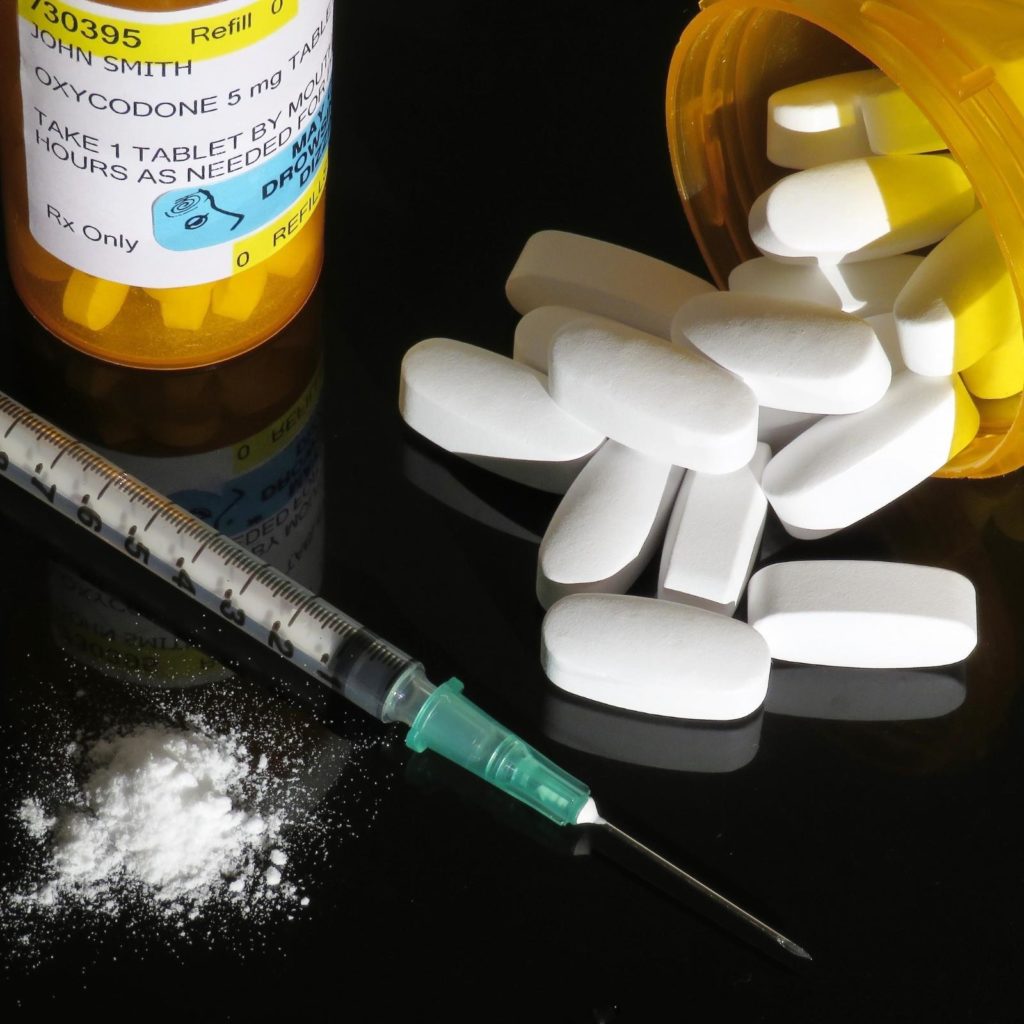Methadone Sexual Dysfunction
A variety of studies evidenced a relationship between drug use disorders and sexual dysfunction, such as meth and erectile dysfunction, Adderall erectile dysfunction, and cocaine and erectile dysfunction. This may have caused people to combine such drugs with Viagra ( Adderall and Viagra, Meth and Viagra, Cocaine and Viagra). In particular, heroin and opioid agonist medications to treat heroin dependence, such as Methadone and Suboxone, have been found to be associated with erectile dysfunction and reduced libido.
Controversial findings may indicate the possibility of factors other than the pharmacological effects of opioid drugs concurring with sexual dysfunction [1]. These factors include the potentially related hormonal changes reflecting hypothalamus-pituitary-gonadal axis function and prolactin (PRL) pituitary release, the role of adverse childhood experiences in the clinical history, and the concomitant symptoms of co-occurring mental health disorders in contributing to sexual problems.
Although some drugs can initially increase sexual response, particularly in those with previous sexual problems, the chronic use of substances tends to deteriorate all stages of sexual function in both male and female drug users. In line with this evidence, a very high prevalence of sexual dysfunction was recently reported in association with substance use disorders with a significant correlation between sexual problems and the severity of drug use[2].


Get Your Life Back
Find Hope & Recovery. Get Safe Comfortable Detox, Addiction Rehab & Dual Diagnosis High-Quality Care.
Hotline(844) 597-1011Methadone Sexual Dysfunction
In general, male drug users were found to be prone to erectile dysfunction, decreased sexual desire, and increased ejaculation latency, with erectile dysfunction and decreased libido most commonly seen in heroin users. Accordingly, in men seeking treatment for opioid dependence, the prevalence of sexual dysfunction was significantly higher in comparison with healthy control subjects. . In association with the clinical evidence of sexual dysfunction, impaired hypothalamus-pituitary-gonadal (HPG) axis and increased prolactin (PRL) levels have been found in patients exposed to long-lasting opioid receptor stimulation.

Until now, there are controversial findings concerning the possible role of the opioid medications utilized in the treatment of heroin dependence as related to sexual dysfunctions. On one side, the rate of heroin-dependent patients suffering from hypo-sexuality and erectile dysfunction was reported to have significantly increased after methadone maintenance treatment with respect to the prevalence measured before opioid substitution therapy.
On the other hand, in a more recent study, it was found that a decrease in the severity of sexual dysfunction is associated with methadone maintenance initiation. Moreover, in this study, methadone dose and duration of methadone treatment were not found to be associated with sexual dysfunction, casting doubts upon a direct negative effect of the opioid agonist medications on sexual function.
Supporting the assumption of a close link between opioid receptor stimulation and sexual problems, additional evidence has shown that the prevalence of sexual dysfunction was higher among the patients treated with methadone compared with those under buprenorphine (Suboxone) maintenance, possibly indicating that the action of the partial opioid agonist, buprenorphine, would less severely affect the sexual function with respect to that exerted by full agonist medication.
Get Help. Get Better. Get Your Life Back.
Searching for Accredited Drug and Alcohol Rehab Centers Near You?
Even if you have failed previously and relapsed, or are in the middle of a difficult crisis, we stand ready to support you. Our trusted behavioral health specialists will not give up on you. When you feel ready or just want someone to speak to about therapy alternatives to change your life call us. Even if we cannot assist you, we will lead you to wherever you can get support. There is no obligation. Call our hotline today.
(844) 597-1011Methadone and Libido & Methadone Sexual Side Effects
When a doctor initiates a person into methadone treatment, the goal is that the transition is smooth and results in the least number of side effects. If a person takes the advised dose, in the recommended timeframe, side effects should be minimal. However, due to varying physiological factors, some individuals may experience some side effects as a result of taking methadone. For many years, methadone has been recognized as an effective maintenance treatment for opioid dependence. However, of the many adverse events reported, sexual dysfunction is one of the most common side effects.
Sexual dysfunctions such as erectile dysfunction (ED), ejaculatory disturbances, and lack of desire for sexual relations are often reported in a considerable number of male patients on methadone maintenance. The exact prevalence of sexual dysfunction among this population is yet to be determined as they vary from study to study. It was reported an overall sexual dysfunction prevalence range of 30–100%, whereas most studies have reported a subtype of sexual dysfunction namely ED, with prevalence ranging from 16% to 83.6%.
If you’re suffering from a significant loss of libido while taking Methadone, there is a chance you could have opioid-induced endocrinopathy. Concern has grown regarding the adverse consequences of opioid treatment, which range from fatigue and depression to sexual dysfunction. Opioid-induced endocrinopathy is one of the most common yet least often diagnosed consequences of prolonged opioid therapy. Sustained-action opioids used on a daily basis for more than a month have a number of adverse effects on human endocrine function.
Common symptoms of opioid-induced endocrinopathy are:
- Decreased libido
- Anemia
- Weight gain
- Depression
- Fatigue
- Vasomotor instability
- Decreased muscle mass
- Erectile dysfunction
- Menstrual irregularities
- Osteoporosis

First-class Facilities & Amenities
World-class High-Quality Addiction & Mental Health Rehabilitation Treatment
Rehab Centers TourRenowned Addiction Centers. Serene Private Facilities. Inpatient rehab programs vary.
Addiction Helpline(844) 597-1011Proven recovery success experience, backed by a Team w/ History of:
15+
Years of Unified Experience
100s
5-Star Reviews Across Our Centers
10K
Recovery Success Stories Across Our Network
- Low Patient to Therapist Ratio
- Onsite Medical Detox Center
- Comprehensive Dual-Diagnosis Treatment
- Complimentary Family & Alumni Programs
- Coaching, Recovery & Personal Development Events
Can You Get Addicted to Methadone?
Methadone addiction can be a bit of a taboo topic, as many people in the medical community see the drug as a necessary aid in helping Heroin addicts recover. But as with any opioid, addiction is an all-too-common side effect. Methadone addiction can come about because the drug eases a user’s pain. As time goes on and tolerance builds, more of the drug is needed for the same effect.
Can you get high on methadone? Like all narcotics, methadone can lead to addiction and overdose. It can be misused in a manner similar to other opioids. It must be taken exactly as directed by a certified Opioid Treatment Program provider. This certification is to be obtained from SAMHSA. It is also important to note that a history of alcohol use, heart or respiratory problems, or mental health issues can cause adverse side effects when taking methadone.
Once physical dependency happens, it is very likely that a person will experience withdrawal symptoms upon no longer taking methadone. The amount of time it takes for withdrawal symptoms to set in is about two to three days post-use, and symptoms can last up to 10 days. It is important to consult a health care provider before stopping the drug due to the withdrawal symptoms and side effects that can occur.
World-class, Accredited, 5-Star Reviewed, Effective Addiction & Mental Health Programs. Complete Behavioral Health Inpatient Rehab, Detox plus Co-occuring Disorders Therapy.
CALL(844) 597-1011End the Addiction Pain. End the Emotional Rollercoaster. Get Your Life Back. Start Drug, Alcohol & Dual Diagnosis Mental Health Treatment Now. Get Free No-obligation Guidance by Substance Abuse Specialists Who Understand Addiction & Mental Health Recovery & Know How to Help.
Signs That Someone Is Addicted To Methadone
Tolerance
Tolerance happens in the body when it “gets used to” having a certain substance like methadone. For example, when a person is given a prescription, the doctor may tell them that they will feel dizzy for a day or two until they adjust to the new chemical compounds contained in the medication. When the dizziness wears off, tolerance has been achieved.
In the case of an individual who seeks that dizzy feeling, or the “high” provided by the medication, it is necessary to take more of the drug to achieve the feeling. Even if someone does not intend to become intoxicated, they may take more of the medication when the painkilling effects aren’t as profound.
Withdrawal
Because methadone is a synthetic opioid drug, the withdrawal symptoms are similar to heroin. Unlike heroin, methadone withdrawal can take several days to develop. Methadone withdrawal symptoms will happen when a person stops taking the drug whether they are entering a detox treatment as the first step in an overall recovery plan, or simply because they have run out of their drug of choice and been unable to obtain more. These symptoms include:
- Sore muscles
- Cramping
- Diarrhea
- Chills
- Nausea and vomiting
- Insomnia and restlessness
- Fatigue
Lack of Control
In some circumstances, addiction to methadone, like other drugs, can derail a person’s best intentions. For instance, someone may recognize, on a conscious level, that they have a problem with methadone, They may tell themselves, or you, that they will only take a little of the drug to stave off the withdrawal symptoms. They may insist that they will only use it on the weekends or in social settings. They insist they are in control.
When the time comes, however, they may use more of the drug than even they intended, seemingly unable to stop until there are no drugs left. This compulsion to use the drugs is a serious sign that addiction may be present.

Using Drugs Becomes a Life Priority
When someone suffering from addiction wakes in the morning, they may have only one thought on their mind. Where can they obtain their daily dose of methadone for the day? They may spend an incredible amount of time arranging for the purchase of the drugs, until such time as they have an adequate supply in their possession.
More Important Than Family
Some individuals who have become addicted to drugs like methadone will choose to use drugs rather than take part in activities that used to be important to them. They may elect to stay home and abuse drugs rather than attend a school play in which their child is performing. They may miss school meetings, birthday parties, and even holidays with friends and family. They may be frequently absent from work because they are too sick or too tired due to their drug use.
Methadone Addiction Treatment Centers
There is a strong link between mental health and substance abuse. Individuals who struggle with mood disorders like depression, ADHD, and anxiety are more susceptible to developing an addiction to drugs or alcohol, often to self-medicate symptoms of their underlying mental health condition. These co-occurring disorders can make each other worse without proper treatment.
If you’re asking the questions, “does methadone cause heart problems? or can you snort methadone?”, then you should also be aware of the risks of abuse and addiction in misusing this drug, which includes the strong connection between methadone and libido. If you are experiencing methadone withdrawal, it’s crucial to first get an accurate assessment of all the symptoms. When the symptoms have been evaluated by a mental health professional, it may be determined that another form of mental condition is present and needs a particular type of treatment. Very often, some combination of psychotherapy, medication, and/or lifestyle changes are effective for coping with functional.
Medically-Assisted Detox
Medical detox is often considered the first stage of treatment. It will help you navigate the complicated process of methadone withdrawal, but it doesn’t address patterns of thought and behavior that contribute to drug use. Various treatment approaches and settings can help provide the ongoing support necessary to maintain long-term sobriety after you complete methadone detox.
Cravings are very common during detox and can be challenging to overcome. This often leads to relapse. Constant medical care provided during inpatient treatment helps prevent relapse. Clinicians can provide necessary medication and medical expertise to lessen cravings and the effects of methadone withdrawals.
Psychotherapy
Several different modalities of psychotherapy have been used in the treatment of mental health disorders along with addiction, including:
- Cognitive Behavioral Therapy (CBT) – is an effective treatment that involves making changes in both the patterns of negative thoughts and the behavioral routines which are affecting the daily life of the depressed person for various forms of depression.
- Dialectical Behavioral Therapy – is a comprehensive mental health and substance abuse treatment program whose ultimate goal is to aid patients in their efforts to build a life worth living. The main goal of DBT is to help a person develop what is referred to as a “clear mind.”
- Person-Centered Therapy – is a strategy that allows and encourages clients to understand and resolve their concerns in a safe, supportive environment.
- Solution Focused Therapy – is an approach interested in solutions that can be quickly implemented with a simple first step leading to further positive consequences.
Dual Diagnosis Treatment
Prescription drug abuse and mental health disorders often co-occur. In many cases, traumatic experiences can result in a mental health disorder and substance abuse. Dual diagnosis rehabilitation treats both of these issues together. The best approach for the treatment of dual diagnosis is an integrated system. In this strategy, both the substance abuse problem and the mental disorder are treated simultaneously. Regardless of which diagnosis (mental health or substance abuse problem) came first, long-term recovery will depend largely on the treatment for both disorders done by the same team or provider.
Medication-Assisted Treatments
Medication-Assisted Treatments (MAT) for alcohol use disorder and mental health disorders are commonly used in conjunction with one another. This includes the use of medications and other medical procedures. During your rehab, the staff from your treatment facility will help you identify what caused your addiction and teach you skills that will help you change your behavior patterns and challenge the negative thoughts that led to your addiction. Sometimes, the pressures and problems in your life lead you to rely on substances to help you forget about them momentarily.
If you or a loved one are struggling with long-term prescription drug abuse and a co-occurring mental health condition such as ADHD, contact one of our helpful treatment specialists today. We Level Up can provide information on dual diagnosis and detox programs that may fit your specific needs.

Alumni Coordinator, Nicole Baxter’s Methadone Addiction Recovery Journey With Support From Daughter Video
Nicole Baxter’s Addiction Recovery Story and Testimonial Video
“I’m here with the Nicole Baxter, one of our alumni coordinators.
What does your bottom look like?
My bottom was like a spiritual bottom. I was I wanted to die every day. I was putting a lot of drugs in my system every day, trying to make the pain go away. And it wasn’t going away anymore. So I was using for no reason anymore, because when I first started using, that’s what that was for, was to make it all go away. And it was still there. So it was like a spiritual bottom for me. I felt dead inside, and I was looking for a way out. So I prayed really hard that night, and my brother a few days later called me.
How long were you in treatment for?
A long time. I went to detox for almost a month because I was on methadone when I came down here, so my detox was painful when I finally came.
Knowing that I was away from them was hard to deal with because it was like a reality check. It was the hardest part of getting sober.
It was my biggest excuse prior to coming to not like that was my excuse. Like, I can’t go to treatment, I can’t be away my kids, but, like, I wasn’t a mom anyway, so I was getting high every day, you know? And I struggled with telling my daughter the truth about where I was. She thought that I had just comedown here to visit her uncle.
It wasn’t until I was in, like, IOP one afternoon, my therapist had me go outside and make a phone call, and I told her that I had come down for detox. And in my head, I thought that she was gonna hate me. But it was the best conversation ever. All she said to me was, Mummy, I just want you to get better. I’m just happy that you’re getting better.
What is your life like today? In sobriety, in recovery?
I’m happy, sober happier than I was high. And I thought that I’d never be happy sober. I didn’t think it was possible.
What do you do for your recovery every day? I have sponsees that I talk to on a daily basis, so I give back what I was given, which is what I think keeps me sober at most. I go to meetings, I work in treatment. So I’m like hands on with clients all daylong, people that are right where I was. So I try my best to use my story to help them get to a better place.
Oh, yeah.”
Does Addiction Rehab Work?
The success of treatment can vary from person to person, but longer stays in treatment frequently lead to better outcomes. Long-term rehabilitation is rarely aided by detox alone. Is treatment effective? Compared to not attending treatment, attending treatment boosts a person’s chances of long-term recovery.
Experience Transformative Recovery at We Level Up Treatment Centers.
See our authentic success stories. Get inspired. Get the help you deserve.
Start a New Life
Begin with a free call to an addiction & behavioral health treatment advisor. Learn more about our dual-diagnosis programs. The We Level Up Treatment Center Network delivers recovery programs that vary by each treatment facility. Call to learn more.
- Personalized Care
- Caring Accountable Staff
- World-class Amenities
- Licensed & Accredited
- Renowned w/ 100s 5-Star Reviews
We’ll Call You
Sources
[1] NCBI – https://pubmed.ncbi.nlm.nih.gov/26595117/
[2] NCBI – https://pubmed.ncbi.nlm.nih.gov/23678840/
[3] NIH – https://medlineplus.gov/druginfo/meds/a682134.html
[4] NCBI – https://www.ncbi.nlm.nih.gov/books/NBK526012/
[5] SAMHSA – https://www.samhsa.gov/medication-assisted-treatment/medications-counseling-related-conditions/methadone
[6] Methadone Detox Near Me – We Level Up NJ


